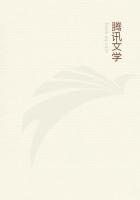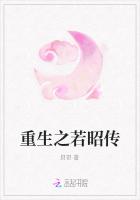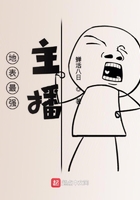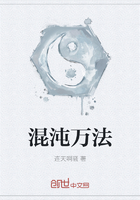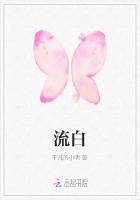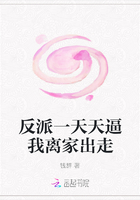I practiced with so much zeal, and progressed so rapidly, that in less than a month I had nothing more to learn; at least, I knew as much as my master, with the exception of corn-cutting, the monopoly in which I left him. I was able to juggle with four balls at once.
But this did not satisfy my ambition; so I placed a book before me, and, while the balls were in the air, I accustomed myself to read without any hesitation.
This will probably seem to my readers very extraordinary; but I shall surprise them still more, when I say that I have just amused myself by repeating this curious experiment. Though thirty years have elapsed since the time of which I am writing, and though I scarcely once touched the balls during that period, I can still manage to read with ease while keeping three balls up.
The practice of this trick gave my fingers a remarkable degree of delicacy and certainty, while my eye was at the same time acquiring a promptitude of perception that was quite marvelous. Presently I shall have to speak of the service this rendered me in my experiment of second sight. After having thus made my hands supple and docile, I went on straight to sleight-of-hand, and I more especially devoted myself to the manipulation of cards and palmistry.
This operation requires a great deal of practice; for, while the hand is held apparently open, balls, corks, lumps of sugar, coins, etc., must be held unseen, the fingers remaining perfectly free and limber.
Owing to the little time at my disposal, the difficulties connected with these new experiments would have been insurmountable had I not found a mode of practicing without neglecting my business. It was the fashion in those days to wear coats with large pockets on the hips, called a la proprietaire, so whenever my hands were not otherwise engaged they slipped naturally into my pockets, and set to work with cards, coins, or one of the objects I have mentioned.
It will be easily understood how much time I gained by this. Thus, for instance, when out on errands my hands could be at work on both sides; at dinner, I often ate my soup with one hand while I was learning to sauter la coupe with the other--in short, the slightest moment of relaxation was devoted to my favorite pursuit.
II
"SECOND SIGHT"
[A thousand more trials of patience and perseverance finally brought to the conjurer a Parisian theater and an appreciative clientele. But he never ceased to labor and improve the quality of his marvelous effects.]
The experiment, however, to which I owed my reputation was one inspired by that fantastic god to whom Pascal attributes all the discoveries of this sublunary world: it was chance that led me straight to the invention of SECOND SIGHT.
My two children were playing one day in the drawing-room at a game they had invented for their own amusement. The younger had bandaged his elder brother's eyes, and made him guess the objects he touched, and when the latter happened to guess right, they changed places. This ****** game suggested to me the most complicated idea that ever crossed my mind.
Pursued by the notion, I ran and shut myself up in my workroom, and was fortunately in that happy state when the mind follows easily the combinations traced by fancy. I rested my hand in my hands, and, in my excitement, laid down the first principles of second sight.
My readers will remember the experiment suggested to me formerly by the pianist's dexterity, and the strange faculty I succeeded in attaining: I could read while juggling with four balls. Thinking seriously of this, I fancied that this "perception by appreciation" might be susceptible of equal development, if I applied its principles to the memory and the mind.
I resolved, therefore, on ****** some experiments with my son Emile, and, in order to make my young assistant understand the nature of the exercise we were going to learn, I took a domino, the cinq-quatre for instance, and laid it before him. Instead of letting him count the points of the two numbers, I requested the boy to tell me the total at once.
"Nine," he said.
Then I added another domino, the quarter-tray.
"That makes sixteen," he said, without any hesitation. I stopped the first lesson here; the next day we succeeded in counting at a single glance four dominoes, the day after six, and thus we at length were enabled to give instantaneously the product of a dozen dominoes.
This result obtained, we applied ourselves to a far more difficult task, over which we spent a month. My son and I passed rapidly before a toy-shop, or any other displaying a variety of wares, and cast an attentive glance upon it. A few steps farther on we drew paper and pencil from our pockets, and tried which could describe the greater number of objects seen in passing. I must own that my son reached a perfection far greater than mine, for he could often write down forty objects, while I could scarce reach thirty. Often feeling vexed at this defeat, I would return to the shop and verify his statement, but he rarely made a mistake.
My male readers will certainly understand the possibility of this, but they will recognize the difficulty. As for my lady readers, I am convinced beforehand they will not be of the same opinion, for they daily perform far more astounding feats. Thus, for instance, I can safely assert that a lady seeing another pass at full speed in a carriage, will have had time to analyze her toilet from her bonnet to her shoes, and be able to describe not only the fashion and quality of the stuffs, but also say if the lace be real or only machine-made. I have known ladies do this.

